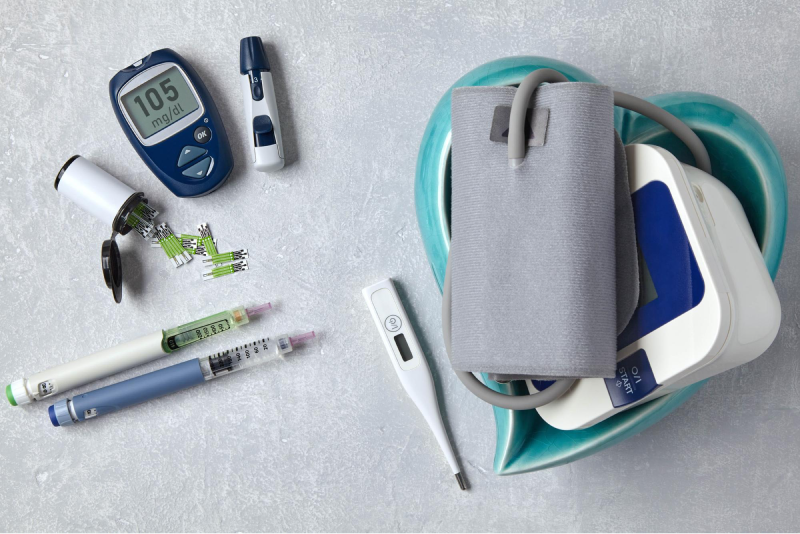Coronary heart disease and stroke risk may increase with skipping breakfast regularly. Some researchers found that those who routinely skipped on the most important meal of the day had a higher risk of heart attack and coronary heart disease.
Read the full article on: www.belmarrahealth.com
With a busy schedule, it is easy to skip breakfast. But, according to a recent study, taking a few minutes to eat something in the morning can really save your life. It is nothing new that breakfast provides our body and brain with the essential nutrients. Starting the day with an empty stomach is like trying to start a car without petrol. Various research have shown that those who skip breakfast have 27% higher risk of heart attack or health complications caused by heart diseases. Moreover, a lack of proper meals at breakfast may also lead to obesity and type 2 diabetes.
Nutritionists and other health experts advise a healthy breakfast within two hours of waking. A breakfast full of junk foods defeats the purpose. You should ensure that your meal is healthy and provides reasonable amount of energy and nutrients such as protein, carbohydrates, vitamins and minerals. The application helps you to keep a healthy balance of nutrients at every meal.




